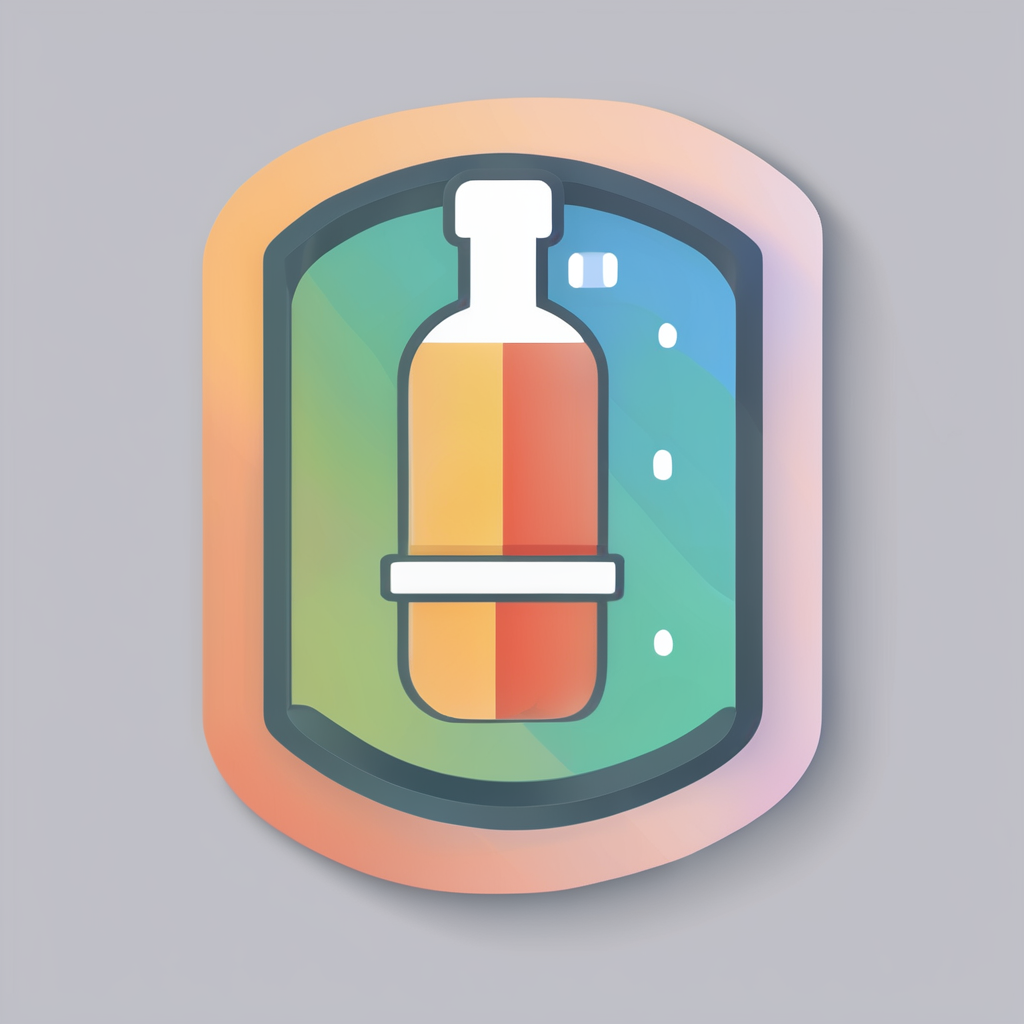Technological Tools Transforming Patient Care in the UK
Digital health technologies have revolutionised how healthcare is delivered across the UK. Telemedicine platforms enable patients to connect with clinicians remotely, making consultations more accessible and efficient. Electronic health records (EHRs) have become central to routine clinical workflows, allowing seamless information sharing and reducing administrative burdens. These health tech tools enhance coordination among care teams and support timely decision-making.
Innovation in patient care is further driven by AI diagnostics, which help clinicians identify conditions earlier and with greater accuracy. By analysing large data sets, AI assists in tailoring treatments to individual patient needs, improving outcomes.
Also to see : How Can UK Health Professionals Effectively Adapt to New Health Regulations?
The extent of healthcare IT adoption among UK professionals shows a positive trend. Most practitioners now routinely use digital platforms to access patient histories, order tests, and document care. However, challenges remain around training and integration within some NHS settings.
Despite these hurdles, embracing digital health technologies continues to offer promising paths toward more efficient, patient-centred care. The UK’s experience highlights how targeted investment in health tech tools can elevate standards and accessibility for all.
In parallel : How Can Health Professionals in the UK Improve Patient Engagement Practices?
Practical Applications and Real-World Examples
Telehealth in the UK has evolved into a vital component of healthcare delivery, especially for patients requiring remote consultations. Through telehealth, patients consult clinicians via secure video calls, reducing travel time and improving accessibility. This approach is crucial for rural areas where medical facilities are distant, ensuring timely care.
NHS digital case studies demonstrate successful electronic health record (EHR) integration within various NHS trusts. These implementations streamline patient data access, allowing healthcare professionals to make informed decisions swiftly. By adopting EHR systems, trusts enhance coordination and reduce administrative burdens, supporting better patient outcomes.
In addition, clinical technology integration is evident in AI-driven diagnostic tools. AI algorithms analyze imaging and laboratory results, assisting doctors in detecting conditions like cancer or cardiovascular diseases earlier. For instance, AI applications within NHS diagnostic pathways have improved accuracy and efficiency, providing a promising outlook for healthcare innovation.
Collectively, telehealth in UK, NHS digital case studies, and clinical technology integration showcase how advanced technology is reshaping patient care, making services more efficient, accessible, and precise.
Measurable Benefits and Improved Outcomes
The integration of healthcare analytics has driven significant improvements in patient outcomes improvement by delivering precise, data-driven insights. Studies reveal that facilities adopting digital tools report up to a 25% increase in diagnostic accuracy and a 30% reduction in treatment delays. Such gains clearly demonstrate how efficiency through technology translates into tangible benefits for patients and providers alike.
Beyond statistics, patient satisfaction surveys highlight enhanced confidence in care processes when clinicians use analytics-based recommendations. Providers also note reduced administrative burdens, allowing more focus on personalized treatment—which further enhances outcomes.
Healthcare analytics empower teams to identify trends and predict risks earlier, contributing to proactive care. This cycle of continuous improvement underpins many documented success stories where measurable outcomes, including reduced hospital readmissions and shorter lengths of stay, attest to the value of technological advancement in medicine.
Embracing efficiency through technology creates a feedback loop: better data fosters better decisions, resulting in sustained patient outcomes improvement. As health systems expand their digital capabilities, they align both patient needs and provider workflows for superior, measurable results.
Challenges and Limitations in Adopting Technology
Navigating the digital health barriers remains a significant hurdle for many healthcare providers. Concerns about data privacy often top the list, as safeguarding patient information is not only a legal requirement but paramount to maintaining trust. The costs associated with implementing new technologies, from purchasing equipment to ongoing maintenance, can strain already tight budgets, especially within systems like the NHS.
Clinician technology adoption challenges frequently arise from insufficient training and support. Without adequate education on digital tools, clinicians may feel overwhelmed or skeptical about their benefits. This hesitation can slow down or even halt the integration of valuable technology in clinical practice.
Moreover, equity of access to digital health services is an ongoing concern. Vulnerable populations may face barriers such as limited internet connectivity or lack of digital literacy, exacerbating health disparities.
Interoperability problems further complicate technology adoption. When systems cannot communicate effectively, data silos form, impeding comprehensive patient care. Addressing these issues requires coordinated efforts to ensure seamless system integration within the NHS and beyond.
National Initiatives and Future Directions
The UK’s NHS digital transformation strategy is a cornerstone of modernising healthcare delivery. Central to this is the government’s commitment to expanding digital infrastructure, enabling better data sharing and more responsive patient care. Investments ensure NHS staff are trained in the latest technologies, fostering a workforce adept at utilising innovative tools effectively.
UK health policy currently emphasises integrating electronic health records and telehealth services, which have proven invaluable, especially post-pandemic. The focus extends beyond immediate gains, aiming for a sustainable system that supports patient-centred care through technology.
Looking ahead, future health technology trends forecast wider adoption of artificial intelligence and machine learning for diagnostics and personalised treatment plans. Remote monitoring devices and mobile health apps will continue to grow, empowering patients to manage their health proactively. These emerging technologies align with NHS goals to enhance efficiency, improve outcomes, and reduce costs.
By prioritising both digital infrastructure and professional development, national initiatives are laying a robust foundation for a technologically advanced, patient-focused NHS. This evolution promises significant benefits for users and practitioners within the UK health system.
